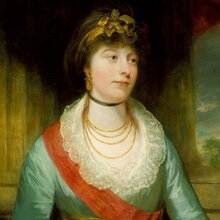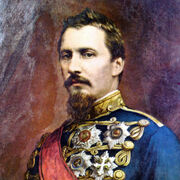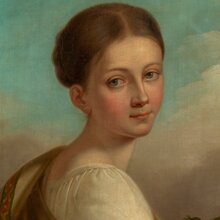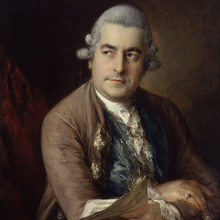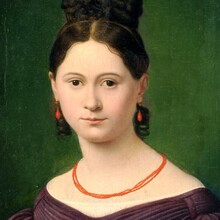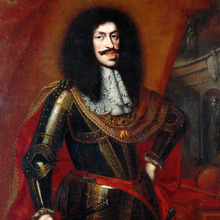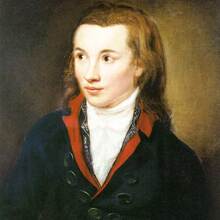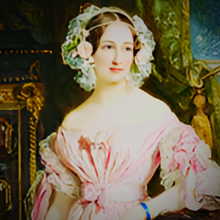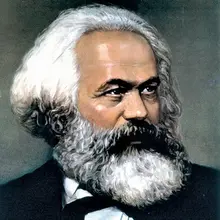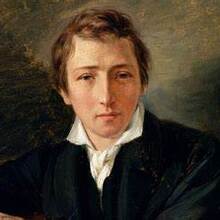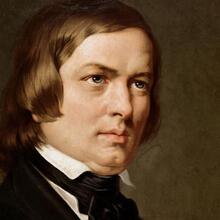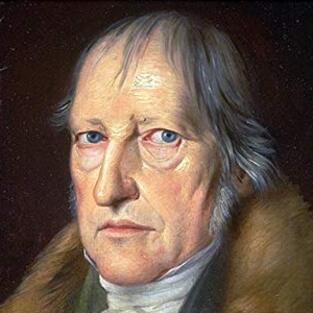
Personal
Other names:
Job / Known for:
German idealism, dialectical logic
Left traces:
Hegelianism
Born
Date:
1770-08-27
Location:
DE
Stuttgart, Duchy of Württemberg, Holy Roman Empire
Died
Date:
1831-11-14 (aged 61)
Resting place:
DE
Death Cause:
Cholera
Family
Spouse:
Marie Helena Susanna von Tucher (m. 1811)
Children:
Immanuel Hegel, Karl Hegel, Ludwig Hegel (died in infancy)
Parent(s):
Georg Ludwig Hegel (father), Maria Magdalena Louisa Fromm (mother)
QR Code:
 My QR code:
Georg Wilhelm Friedrich Hegel
https://DearGone.com/10835
My QR code:
Georg Wilhelm Friedrich Hegel
https://DearGone.com/10835
Key Ownner:
Not yet supported by key owner
Show More
Rank
Users ranking to :
Thanks, you rate star
Ranking
5.0
1
Fullname
Georg Wilhelm Friedrich Hegel
Slogan
The real is rational; and the rational is real
About me / Bio:
Show More
Article for Georg Wilhelm Friedrich Hegel
Died profile like Georg Wilhelm Friedrich Hegel
Comments:
